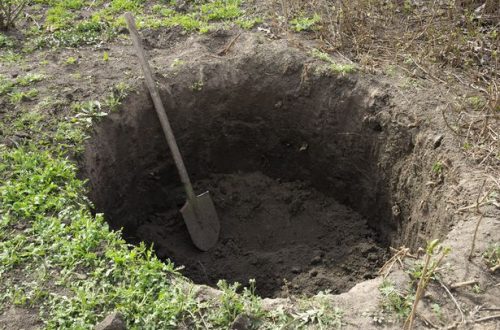This is a cross post by Sarah Brown
When I read on the front page of yesterday’s Times that Frank Field ‘proposes that women should be given up to £25,000 in advance child benefit payments to allow them to stay at home to look after young children’ I thought that perhaps this was a slip of the keyboard. But, when I turned to the interview with Rachel Sylvester and Alice Thomson, Field makes it clear that it is indeed his intention that this proposed frontloading of benefits would be targeted specifically at women.
‘There are some mums who know that they are not good mums and they want to work. We shouldn’t try to build up a culture where we start blaming them. But if we say that breast-feeding is really important for all the reasons for the child’s health and their life outcomes, we should surely make it easier for mums to stay at home to do it.’
The first sentence seems quite extraordinary – it implies that working mothers are bad parents. Perhaps all Frank Field means is that some women know that being a full time parent wouldn’t suit them. But even with this charitable gloss, I still find Field’s proposals problematic. The frontloading (apart from the fact that it would be an expensive investment at a particularly difficult time for the UK economy) seems like quite a good idea. Most new parents experience a drop in income either through one parent giving up work or a huge childcare bill. This situation improves once children start school.
But why should it be assumed that the £25,000 might only be spent on subsidising the mother to stay at home? Some fathers might choose to stay at home, both might go part-time, or the family might simply decide that they wanted to invest the money in better quality childcare. Very few women want to breastfeed for up to two years, most recommendations focus on six months as a good target, and even if you want to breastfeed for longer it is easy to express milk so there is no need for the mother to be the primary caregiver in the way Field implies.


